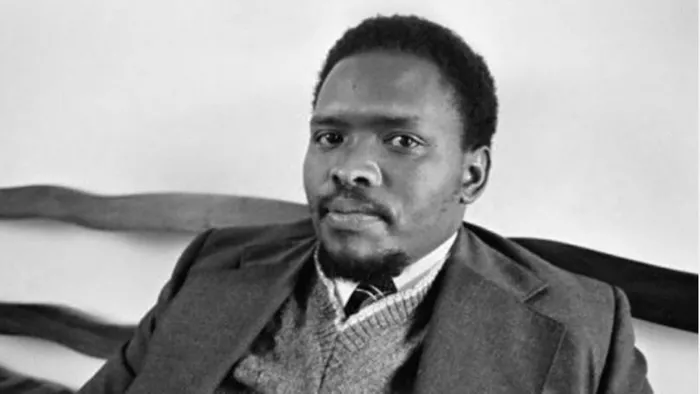Too little, too late: the performative Biko inquest

BLACK Consciousness Movement founder, Steve Bantu Biko, whose brutal death 48 years ago is going to be investigated anew amid many apartheid-era crimes that have not been tried despite recommendations of the Truth and Reconciliation Commission.
Image: Independent Media Archives
On Friday, 12 September 2025, the National Prosecuting Authority (NPA) reopened the inquest into the death of Black Consciousness Movement founder Steve Bantu Biko exactly 48 years after his death.
On paper, this looks like progress, but in reality, it feels more performative and symbolic.
The evidence of Biko’s brutal death has never been in doubt. Doctors testified to the beatings. Witnesses spoke of the assaults. Even the apartheid state’s own inquest revealed the shocking injuries, but no one was held responsible. The democratic state, armed with the Truth and Reconciliation Commission’s findings and decades of opportunity, could have pursued justice long ago. It did not.
So why now, half a century later, when most of the perpetrators are either dead or too old to stand trial? Families of victims like Biko, Inkosi Albert Luthuli, and the Cradock Four know the pattern well: endless delays, occasional announcements, but little to no appetite to actually prosecute apartheid crimes.
The uncomfortable truth is that post-apartheid administrations from Nelson Mandela to the incumbent Cyril Ramaphosa's have consistently chosen symbolism over accountability.
As it stands, the victims’ families and survivors of apartheid-era gross human rights violations, together with the Foundation for Human Rights, have taken the government to court on a constitutional damages case for failure to prosecute apartheid crimes.
Ramaphosa wants it postponed. Thabo Mbeki and former Justice Minister Brigitte Mabandla's bid to intervene in the matter failed.
The rhetoric of reconciliation and moving on from the past has often come at the expense of justice and accountability. And so the reopening of Biko’s inquest risks being remembered not as a breakthrough but as another act of political theatre.
South Africa does not suffer from a lack of evidence of apartheid crimes. It suffers from a lack of political will to prosecute. Until the state demonstrates the courage to prosecute apartheid’s killers, even belatedly, the National Prosecuting Authority’s announcements like this will remain hollow.